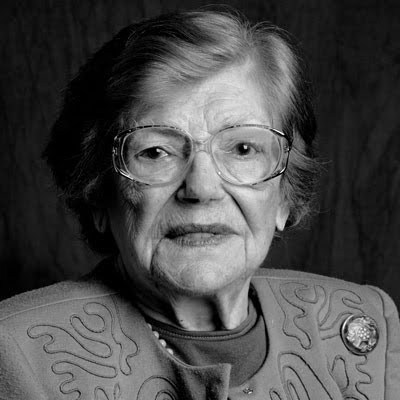
Zina Gontownik
Memphis, Tennessee
Born: 1916 Lybeshuk, Poland (Now Lybiskiai, Lithuania)
Survivor: Wilno Ghetto; Kaiserwald, Stutthof, and Mühldorf-Dachau Concentration Camps; Feldafing Displaced Persons Camp
“One day in the ghetto, the Nazis announced that all children were to be examined by German doctors,” remembers Zina Gontownik. “I dressed my baby girl, Chaya, in her best clothes and hat. They wouldn’t let us go with the children so I let my baby go, praying for a good medical report. It was the next day before we learned that the Nazis had thrown the children from trucks into ditches and set fire to them. Their screams were drowned out by music the Nazis played.”
